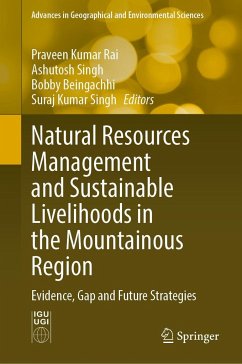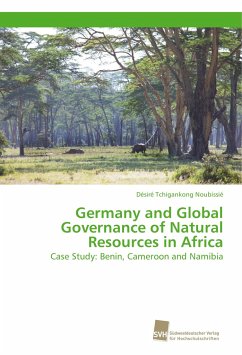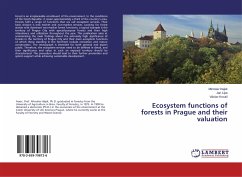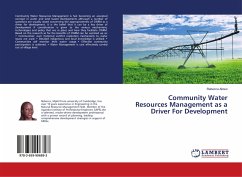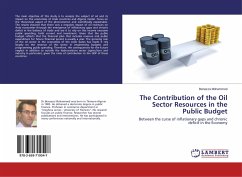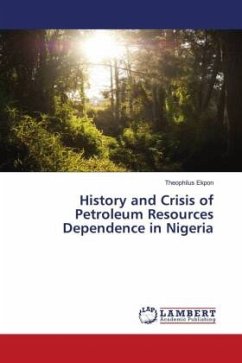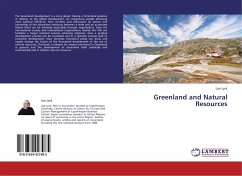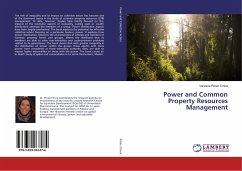
Power and Common Property Resources Management
Versandkostenfrei!
Versandfertig in 6-10 Tagen
46,99 €
inkl. MwSt.

PAYBACK Punkte
23 °P sammeln!
The role of inequality and its impact on collective action has become one of the dominant topics in the study of common property resources (CPR) management. To date, however, studies have mostly focused on the impacts of the economic aspects of inequality, namely asset or wealth distribution amongst the members of a group. Power distribution aspects have been largely overlooked. The book explores the potential for effective collective action focusing on a particular feature: power. It explores how power distribution, linked to the characteristics of officials and members of common property for...
The role of inequality and its impact on collective action has become one of the dominant topics in the study of common property resources (CPR) management. To date, however, studies have mostly focused on the impacts of the economic aspects of inequality, namely asset or wealth distribution amongst the members of a group. Power distribution aspects have been largely overlooked. The book explores the potential for effective collective action focusing on a particular feature: power. It explores how power distribution, linked to the characteristics of officials and members of common property forest user groups, affects the likelihood that its members are able to solve over-extraction and underprovision problems related to its governance. The book shows that with greater inequality in the distribution of power within the group, those agents with more power, here considered as those exercising authority roles, are able to impose higher externalities on those with less power. The bookcarries an in depth study of ejidos and comunidades in La Sierra Tarahumara, Mexico.




